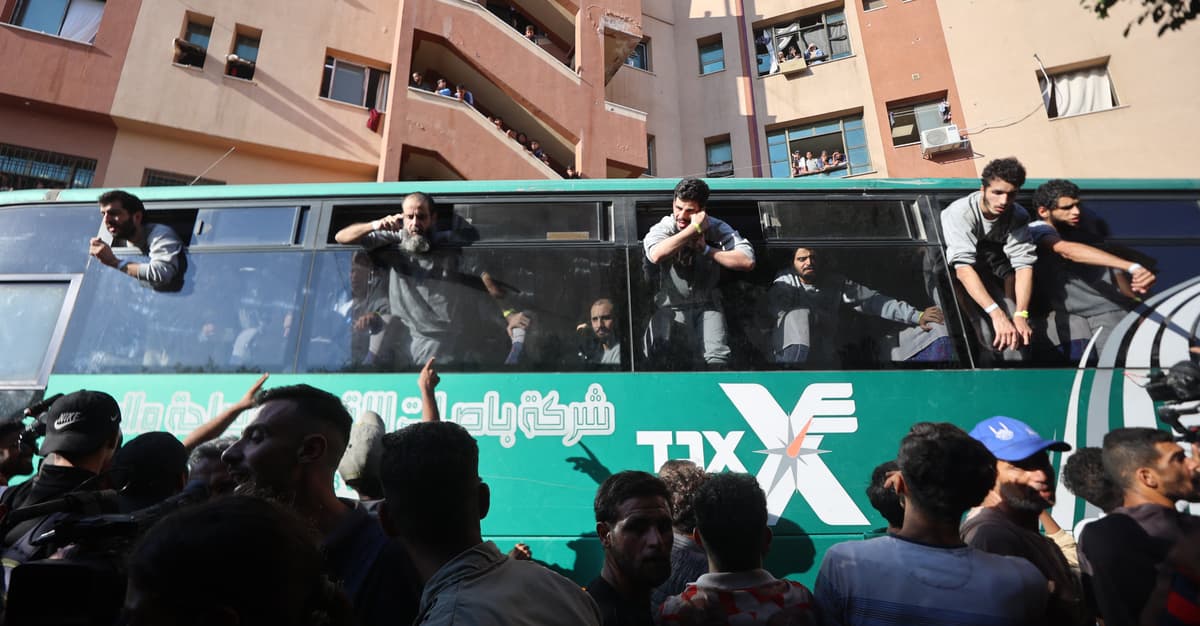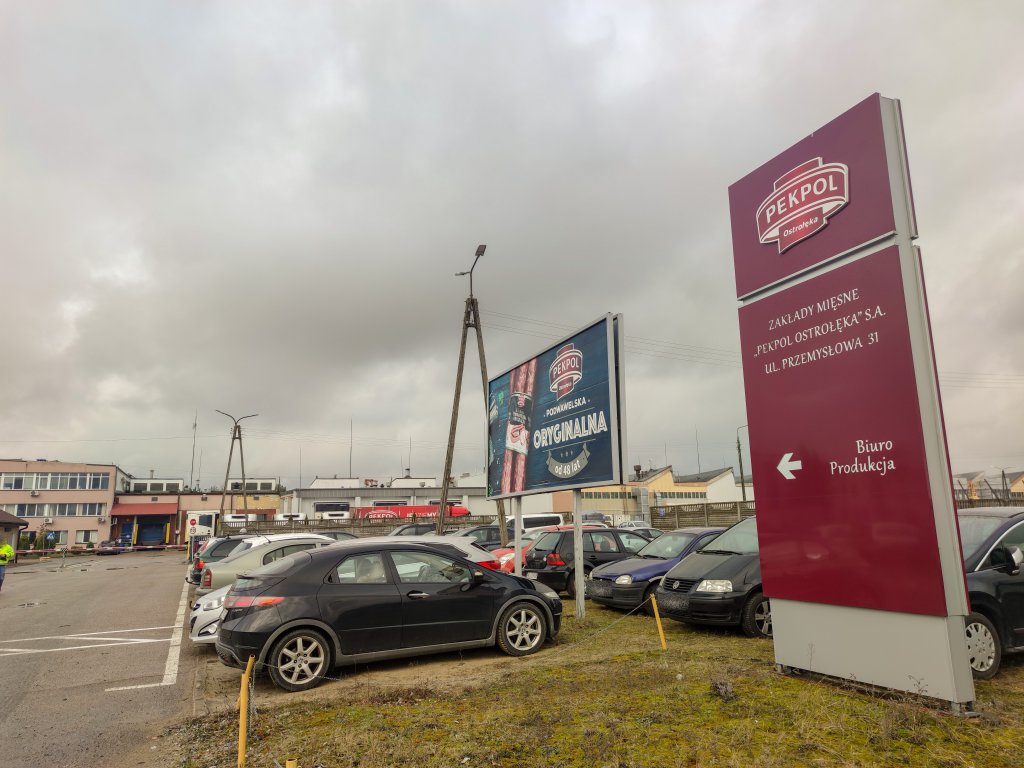The Russian economy has survived rather well the shock of hitting Western sanctions. The financial indicators were excellent, the economical turnover fell little than in the covid crisis.
I wrote about this in an article entitled “Why the economy of Russia has not fallen?” (https://myślpolska.info/2023/02/09/szczniak-Russia-after-year-economic-war/). However, it is not so easy, the means of economical war, which have been perfected in America for decades, have primarily long-term effects. They bring growth, marginalize the planet economy and condemn systemic method and economical retardation, and even civilizational.
The cuts were targeted precisely: where the Russian economy was technologically weakest: in electronics, mechanical construction, energy equipment (sub-sea mining, condensing of gas), in advanced chemistry and modern materials. Western industrial facilities, access to capital, knowledge... Everything started to vanish like water in the sand in the desert.
However, it besides had the other effect – Russia regained the interior marketplace for development. This is simply a basic request erstwhile external production does not flood the home market, national companies have places to sale their own products. The niches were opened and developed. There are golden times for Russian business. Competition threw up, you can get abandoned markets, make immense money. Like in the wonderful '90s. Indeed, the companies were large in tying up kidnapped supply chains, importing products covered by the embargo, and replacing Western Russian technologies.
There was a small bit of it. With the fresh SuperJet aircraft, it turned out that the licenses were not complete, that certain parts that they would no longer deliver had to be done completely again, due to the fact that the method documentation was not complete. Material characteristics of spare parts were unknown, results of strength tests at various parameters... etc. etc. Playing would be besides expensive, better spit on the first and make your own analog parts from the right stop. But what about airplanes, even as simple as sugar beet, where 95% of the seeds come from the Netherlands. Russia has its own seed, but it does not give specified advanced yields. So as a result, the crops will fall from a hectare, and larger areas will should be planted.
Russia's elite have been preparing the economy for independency for years, pushing “importationplaces”, present they have entered the higher phase – they are fighting for “technology-friendlyness”. It is simply a clear goal of power, for which it spends immense resources and organizes support for the sectors of the economy (from medicine, the construction of software machines), but besides the provision of infrastructure and services.
Of course, it is not about replacing abroad products entirely. It's a dangerous, suicidal car. This is not a fight for isolation from the world, but for a strong negotiating position that enables alliances and interests with others. Specialization so powerful that it is possible to "mirror deal" e.g. engines, rockets or atomic energy for processors or device tools...
Russia dreams of a stand-alone techno-economic block, something like Wallerstein's "system-world" that could compete with global centres of force. They can export their own fundamental technologies to the markets of the future. Above all, in the "defence" as a safety provider, which it seems close to, but besides in food, device construction, the planet of communication and communication. And of course energy (with the addition: pure).
The plans are very ambitious. They include digital, technological, educational sovereignty. Russia appreciates its separateness as a civilization, does not want to be declared more powerfully by the global fight and destruct its distinctness.
For the modern economy, with a advanced standard of living, money (capital), human resources (innovation) and industrial technologies are needed, transforming them into products. The question is, for the Russian high-tech industry, has the process begun, which started in agriculture and the food manufacture in 2014? Russia then separated agriculture and the food marketplace from western competition. The effect was striking – it rapidly regained food sovereignty (https://myslpolska.info/2021/12/15/a-time-un-said-food/). There are large obstacles to the fresh strategy. shortly enough...
Andrzej Szczęsniak
photo of cremlin.ru
Think Poland, No. 17-18 (23-30.04.2023)










![Wygrała w sądzie. Z SKO i MOPSem nie było tak łatwo. Warto walczyć do samego końca i życzę innym osobom dużo cierpliwości. Walczcie [Świadczenie pielęgnacyjne]](https://g.infor.pl/p/_files/38488000/podwyzki-38487768.jpg)